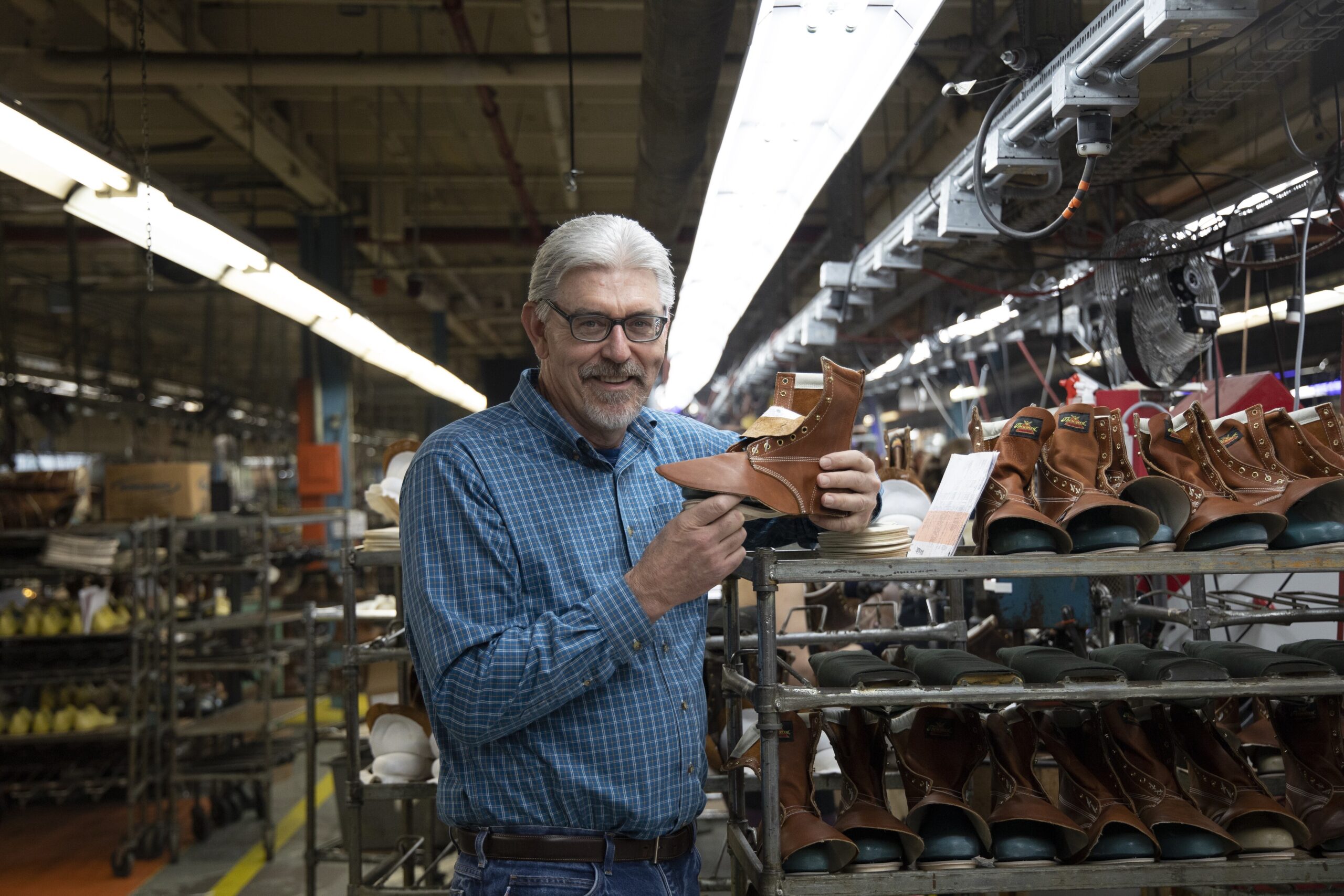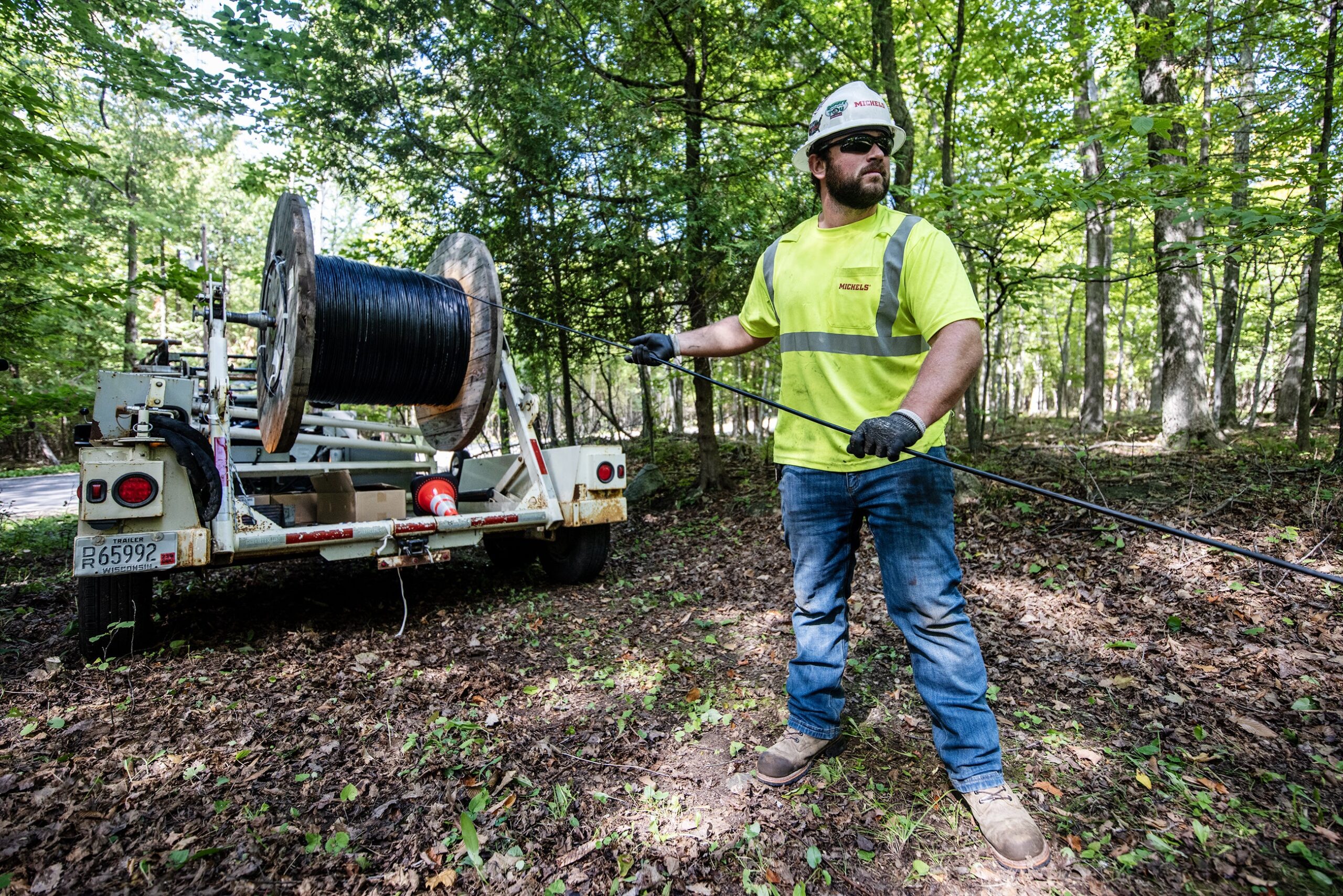Contrary to what you might think, quitting your job could actually be good for your career. That’s according to our guest who says “job jumping” might increase our chances of landing our dream job. We’ll also learn about a rare collection acquired by the UW, and learn about possible referendums that could be coming for the Milwaukee area that would deal with sales tax and funding for the arts.
Featured in this Show
-
Magazine Editor: To Get Ahead, Quit Your Job
It might sound counterintuitive, but a new study suggests that by quitting unsatisfying jobs and treating the labor market as a kind of buffet, young people might actually be advancing their careers and on a path towards higher earnings.
Derek Thompson, senior editor for The Atlantic magazine, recently wrote about the surprising benefits of taking one’s 20s to use the labor market as a laboratory, rather than committing to the first company that happens to hire them.
“It seems completely irresponsible to quit all these jobs in your 20s — it seems like you don’t know what you’re doing, like you’re wayward and completely lost,” said Thompson. “But, it turns out that the people who are truly lost in the labor force tend to be those who enter a job that they don’t like and just stay there.”
Those 20-year-olds who don’t feel shackled to their first employers generally tend to earn higher incomes since they are more likely to have found their “dream job,” said Thompson.
This has often led the misconception that Millennials — defined as people born between 1982 and 2000 — are flaky and tend to quit at higher rates than previous generations. Thompson, however, said the quit rate in that cohort has remained largely unchanged.
“What has changed is that when people quit jobs today, they’re more likely to take another job in an entirely different occupation,” he said.
Economists are quick to point out that the study’s findings do not apply to workers in their 30s and 40s, who are more likely breadwinners for a family. Moreover, while the study found a correlation between job hopping and future earnings, that relationship hasn’t been found to be causal.
Nevertheless, as the job market slowly improves, Thompson said now is the time for young people to think about taking a leap of faith.
“People should feel a little less conservative, a little more wacky, about looking at that job that they consider their dream job and potentially going after it. Because it turns out that when we find the thing that we love to do and are productive at it, and stay at it, and work at it, that’s where the higher wage comes,” Thompson said.
-
UW-Madison Acquires Massive New Lichen Collection
The University of Wisconsin-Madison campus already boasts a number of academically significant collections, and now it can another one to the list — this one composed of rare lichen specimens.
The Wisconsin State Herbarium, housed in the university’s Department of Botany, recently acquired a massive collection. Researchers hope to find there’s a lot that the lichen specimens can teach humans about the world’s ecosystems.
Lichens — the crusty green, white, yellow, or orange spots often seen on rocks or tree trunks — are the result of a symbiotic relationship between algae and fungi, according to Ken Cameron, director of the herbarium. Given the possibility that bacteria can also live among them, Cameron said lichens are their own self-contained “micro-ecologies.”
The new lichen collection was recently acquired from an auction in Germany and contains approximately 60,000 specimens. Cameron estimated that the herbarium now holds approximately 180,000 specimens, comprising one of the largest lichen collections in the Western Hemisphere.
“The real exciting thing is that this collection includes a lot of tropical species from parts of the Old World,” Cameron said. “Our traditional focus has been on temperate zone and the Arctic in particular. So now we estimate that with this addition, we might have at least one of every species of lichen from about 70 percent of all known lichens on earth.”
Cameron said lichens have historically been overlooked and underappreciated in the sciences, but he said they also play a crucial role in studying the environment.
“They’ve been used almost like a canary in the coal mine for air pollution studies,” he said, adding that they’ve also been used to track climate change.
Although one UW researcher has found evidence that some lichens may show characteristics to prevent Chronic Wasting Disease, which has been known to infect the state’s deer herd, Cameron said it’s too soon to tell what new discoveries the UW-Madison’s acquisition will bring.
First, he said they still need to catalog the thousands of specimens now on their hands.
-
Possible Referendums In The Works For A Milwaukee Sales Tax Increase To Support The Arts
A Milwaukee business group is exploring possible referendums that could call for a sales tax increase, in order to support the arts in the region. An arts advocate discusses the idea, and how other communities in the state are dealing with arts funding.
-
UW Acquires 60,000 Rare Lichen Specimens
The University of Wisconsin has recently acquired a rare collection of lichen specimens – about 60,000 of them, to be exact. The director of the Wisconsin State Herbarium talks about the collection, and what we can learn from lichen about the world’s ecosystem.
-
The Case For Quitting Your Job
Bouncing from one job to another over the course of just a couple years may seem unwise, but our guest says it might actually increase your chances of ultimately landing your dream job. He makes the case for quitting.
Episode Credits
- Rob Ferrett Host
- Veronica Rueckert Host
- Cynthia Schuster Producer
- Amanda Magnus Producer
- Chris Malina Producer
- Derek Thompson Guest
- Ken Cameron Guest
- Anne Katz Guest
Wisconsin Public Radio, © Copyright 2024, Board of Regents of the University of Wisconsin System and Wisconsin Educational Communications Board.





